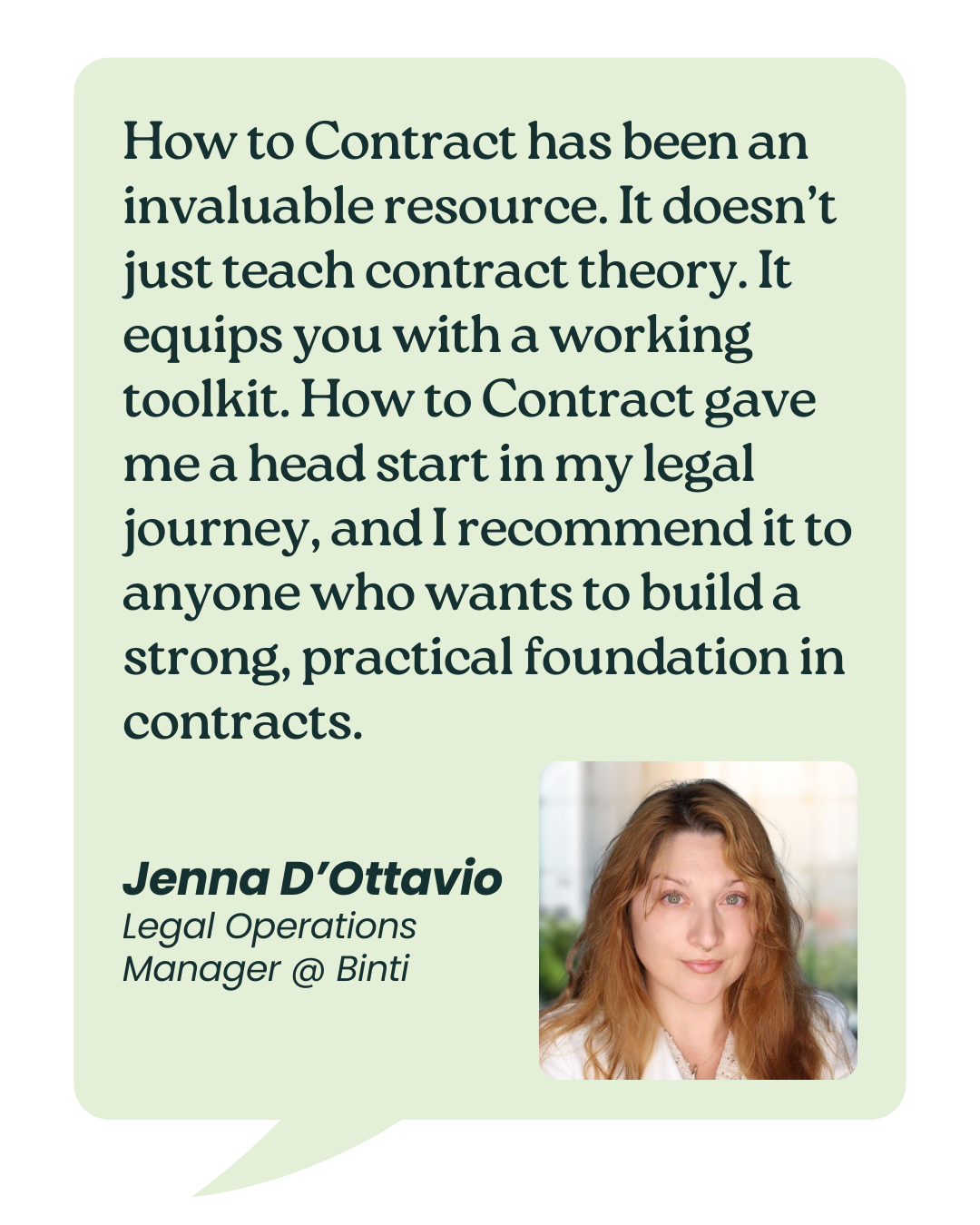
Understanding Boilerplate Provisions: Force Majeure Clauses
Boilerplate provisions are essential components of contracts that often go unnoticed until a problem arises. Among these, the force majeure clause plays a crucial role for dealing with events and circumstances that delay or prevent performance. This provision outlines specific events that excuse obligations and defines what options the parties have if those events continue.
What is a force majeure clause?
A force majeure clause is a contractual provision that frees both parties from liability or obligation when an extraordinary event or circumstance beyond their control, such as a war, strike, or "act of God," prevents one or both parties from fulfilling their obligations under the contract. This clause is often overlooked, but its inclusion can significantly impact the rights and responsibilities of the contracting parties.
What are the essential parts of a force majeure clause?
1. Defining the force majeure event
Every effective force majeure provision should start with a definition of the event that triggers the rights in the provision. This definition needs to be clear and comprehensive, specifying the events that qualify as a force majeure. For example, a very simplistic version of the clause might say, "The term 'Force Majeure Events' means any unforeseen events beyond the reasonable control of the affected party." The question then is whether to add examples to the definition. Doing so has its pros and cons. On the pro side, clearly defining the events included may prevent disputes later, the clause provides a solid foundation for when the force majeure clause can be invoked.
2. Applicability of rights: one or both parties?
A key component of the force majeure clause is determining whether the rights apply to one or both parties. This detail clarifies whether both parties or just one can rely on the clause to excuse performance. This language ensures clarity on whether the force majeure protections are mutual or only favor one party.
3. Impact of the event on contract obligations
The force majeure clause should specify how the event impacts the affected party’s contract obligations. It typically includes language that excuses the affected party from liability or a declaration that they are not in breach due to the delay or failure to perform. This provision protects the affected party from being held responsible for circumstances beyond their control.
4. Nexus between the event and the contract obligations
Another crucial element is establishing a nexus between the force majeure event and the contract obligations. This means the clause should link the event to the inability to perform specific contractual duties. This requirement ensures that only genuine disruptions caused by the defined events will trigger the clause, preventing misuse or overreach.
5. Notice requirements and process for exercising rights
A well-drafted force majeure clause will include notice requirements and the process for exercising rights under the provision. This typically involves notifying the other party within a specified time frame. This notification requirement ensures transparency and allows the unaffected party to make informed decisions about the contract’s future.
6. Obligation to mitigate and resume performance
Even when a force majeure event occurs, the affected party is generally required to mitigate the impact and resume performance as soon as possible. This clause ensures that the affected party makes reasonable efforts to overcome the impact of the event and does not unduly delay performance.
7. Rights of the other party
Finally, the force majeure provision should outline the rights of the other party if the force majeure event continues for an extended period. This could include the right to terminate the contract or seek other remedies. This part of the provision balances the interests of both parties by allowing the unaffected party to take action if the disruption continues for too long.
Every Contract Needs a Well-Drafted Force Majeure Clause
A force majeure clause is not just a formality or boilerplate language. It's a critical part of a contract that outlines what happens when extraordinary events occur. By clearly defining events, impacts, obligations, and rights, parties can mitigate risks and avoid disputes when unforeseen circumstances arise. A carefully crafted force majeure clause protects both parties and provides a roadmap for managing unexpected disruptions.
By understanding and properly drafting these core elements, parties can ensure that their contracts are robust and ready to handle the unexpected.
Want to dive deeper into boilerplate provisions? Head over to the How to Contract Boilerplate Training Hub.
How to Contract's membership is designed to help you build real-world expertise with commercial contracts. Get access to our comprehensive system of live and on-demand courses, weekly lessons, detailed playbooks, and more. Join today!







